
Paul Wedel
A former journalist and President of the Kenan Institute Asia, Paul Wedel is now an independent researcher and writer. His interests include Thai history, NGO management, political conflict in Southeast Asia and media. In addition to writings in biography and history, he is working on an historical novel.
less
Related Authors
Armando Marques-Guedes
UNL - New University of Lisbon
Noe Cornago
University of the Basque Country, Euskal Herriko Unibertsitatea
Craig Reynolds
The Australian National University
Wasan Panyagaew
Chiang Mai University
Thongchai Winichakul ธงชัย วินิจจะกูล
University of Wisconsin-Madison
Volodymyr Ishchenko
Freie Universität Berlin
Tyrell Haberkorn
University of Wisconsin-Madison
Will Davies
Goldsmiths, University of London
Thomas Marois
McMaster University
Vivien Sierens
Université libre de Bruxelles
InterestsView All (16)

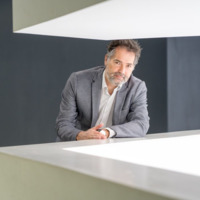


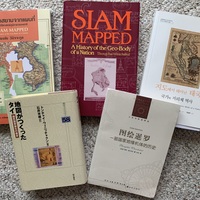
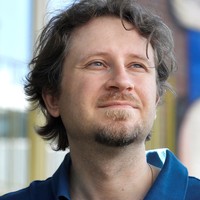
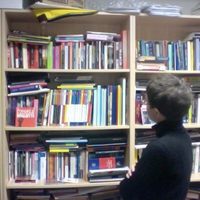
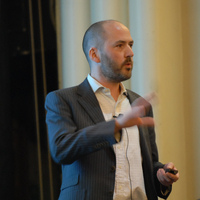


Uploads
Papers by Paul Wedel
Thais studying in Europe became dissatisfied with the traditional ruling structure and formed a group that overthrew the monarchy in 1932. The liberal, socialist and democratic ideals of the new leadership, however, faded into military rule in the aftermath of World War II as Thailand became caught up in the competition between capitalist democracies and communist revolutionaries.
A student revolution in 1973 brought down the military dictatorship, but traditional society fearful of the communist successes in Indo-China and military leaders eager to return to power ended a three-year effort at democratic rule. Brutal suppression forced liberal students into the arms of a communist insurgency. The radical ideals of socialism and democracy soon clashed with the rigid Maoist and authoritarian thinking of the communist leadership. This led to internal dissension that, combined with the Sino-Soviet split, put an end to the insurgency and a defeat for the radicals' ideology that had elements of both liberal democracy and socialist welfare.
Thais studying in Europe became dissatisfied with the traditional ruling structure and formed a group that overthrew the monarchy in 1932. The liberal, socialist and democratic ideals of the new leadership, however, faded into military rule in the aftermath of World War II as Thailand became caught up in the competition between capitalist democracies and communist revolutionaries.
A student revolution in 1973 brought down the military dictatorship, but traditional society fearful of the communist successes in Indo-China and military leaders eager to return to power ended a three-year effort at democratic rule. Brutal suppression forced liberal students into the arms of a communist insurgency. The radical ideals of socialism and democracy soon clashed with the rigid Maoist and authoritarian thinking of the communist leadership. This led to internal dissension that, combined with the Sino-Soviet split, put an end to the insurgency and a defeat for the radicals' ideology that had elements of both liberal democracy and socialist welfare.